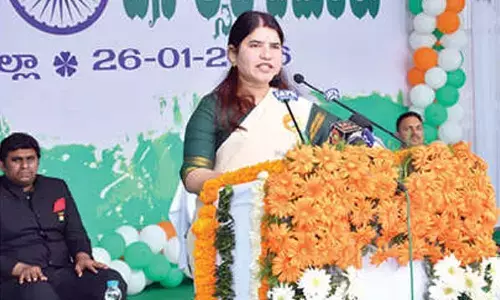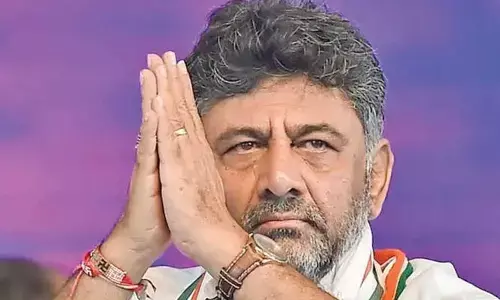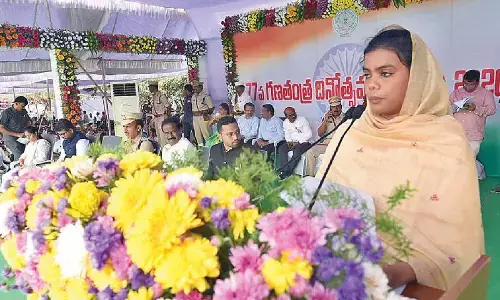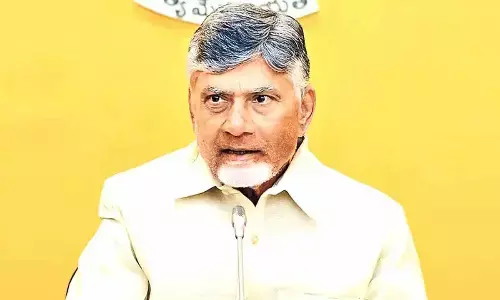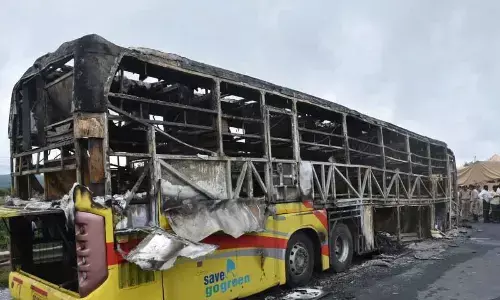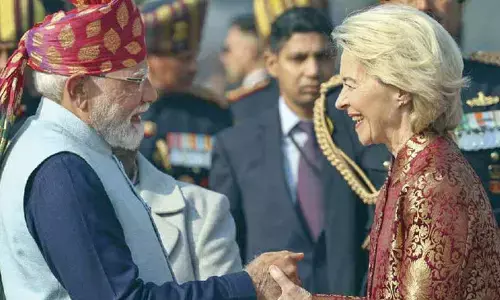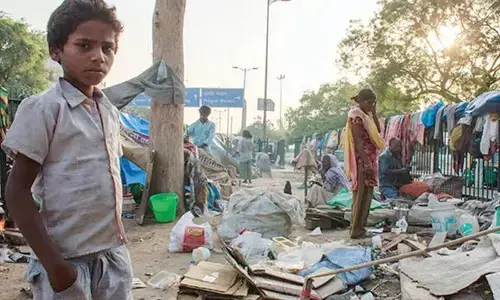Let the apex court take a call on Article 35A
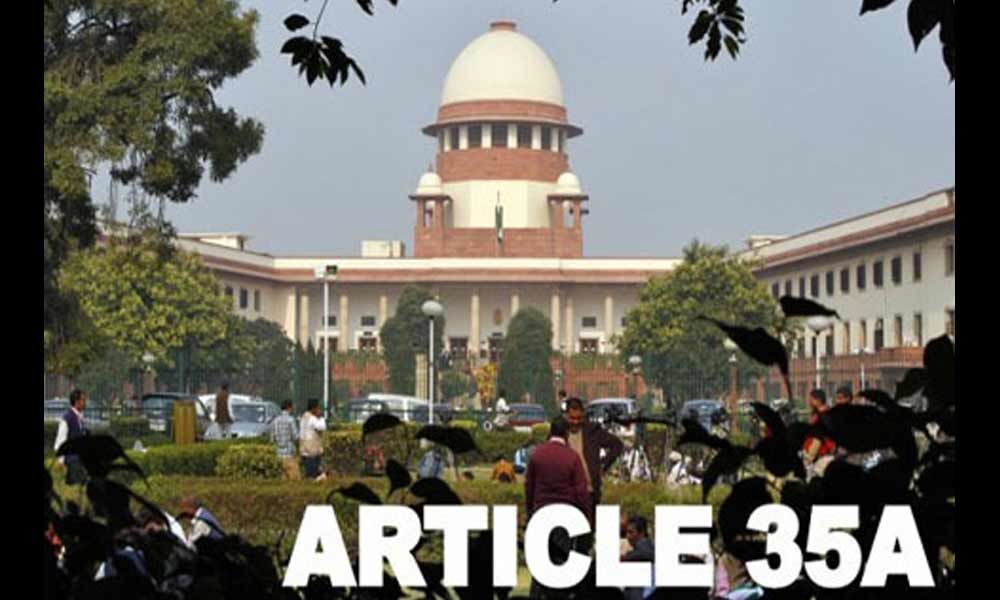
Article 35A is once again hogging the limelight with both Mehbooba Mufti and Omar Abdullah, former Chief Ministers' of Jammu and Kashmir, cautioning the Centre against reopening the debate on the Article
Article 35A is once again hogging the limelight with both Mehbooba Mufti and Omar Abdullah, former Chief Ministers' of Jammu and Kashmir, cautioning the Centre against reopening the debate on the Article.
They had gone ahead, as expected, and warned the Centre against it claiming it would lead to reopening of the debate on the accession of the State to India. All this was in reaction to Union Finance Minister Arun Jaitley's statement that Article 35A was a 'historical blunder'.
Can India really abrogate it or not? This politically sensitive issue is thrown up even as the State prepares itself for the Parliamentary elections. Arun Jaitley wrote in his blog recently that the 'constitutionally vulnerable' Article 35A has denied the people of the State of Jammu & Kashmir, a booming economy, economic activity and jobs, even as he cautioned the Opposition parties in the State for being 'soft in criticising separatism'.
He also called the Nehruvian course, which the State had embarked upon, a 'historical blunder'. Repeal of Article 35A has been a part of the core agenda of the Bharatiya Janata Pary (BJP) and its ideological parent Rashtriya Swayamsevak Sangh (RSS).
Kashmiri leaders have always claimed that these two Articles - 35A and 370 - are articles of faith for them and hence, they would defend their status at any cost. They feel that the BJP was resorting to political theatrics and electoral gains by raking up issues against Kashmir and Kashmiris.
Kashmir had been dominated by three families, since 1947, and dominated the mainstream space, as the BJP maintains. It is something that cannot be disputed. Two of the families are based out of Srinagar and one in New Delhi.
By reopening the subject, the BJP seems to be taking gradual steps towards fulfilling its long-held dream of abrogating the special provisions allowed to the State of J & K.
Recently (February 28), the Union Cabinet extended two constitutional amendments to the State of Jammu & and Kashmir. While the Constitution (Seventy Seventh Amendment) Act, 1995 will make State employees from Scheduled Castes and Scheduled Tribes eligible for reservation in promotions, the Constitution (One Hundred and Third Amendment) Act, 2019, will provide the newly introduced 10 per cent quota to the economically weaker sections.
The Cabinet also amended the Jammu and Kashmir Reservation Act of 2004, through an ordinance, extending the reservation benefits available to people living along the Line of Control to permanent residents living along the International Border.
For the Kashmiri leaders it sounded as a violation of Article 370 of the Constitution. Unease about the law has been building up in the valley as it was felt another step towards repealing of Article 35A which empowers the State government to define permanent residents of J & K and grant them special rights and privileges.
These Articles and the issues arising thereupon have been dealt by the courts of this countries quite a few times. However, consensus eludes till date.
Now that the matter is pending before the Supreme Court, it is better left to the apex court. Let us not make an issue out of it during the elections.








